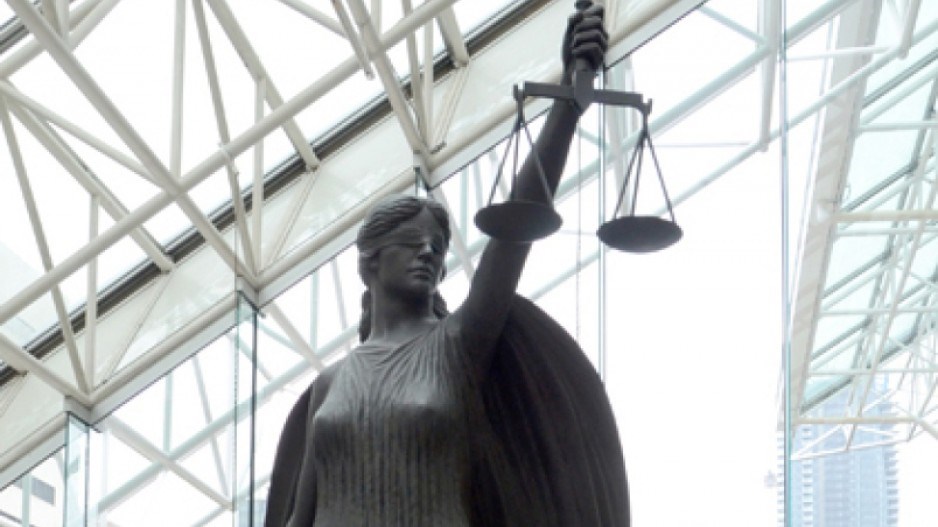Two British Columbians are sounding the alarm about the side-effects of the drug Abilify in separate lawsuits alleging that the pharmaceutical can amplify compulsive behaviour, leading them to lose hundreds of thousands of dollars gambling in B.C.
White Rock resident Jennifer Boisjoli filed a notice of civil claim in BC Supreme Court on March 21, naming Bristol-Myers Squibb Canada Co., Otsuka Canada Pharmaceutical Inc., Otsuka American Pharmaceutical Inc., Bristol-Myers Squibb Co. and Otsuka Pharmaceutical Co. Ltd. as defendants. On March 19, Tyler Hatch filed a notice of civil claim against the BC Lottery Corp. (BCLC).
Boisjoli’s lawsuit alleges that she developed a compulsive gambling addiction after being prescribed Abilify in 2012. She claims she lost $140,000 gambling while taking the drug.
“Prior to November 2, 2015, the defendants did not provide a warning statement regarding the risk of pathological gambling to the prescribing information for Abilify to Canadian residents, despite the fact that the defendants had provided a warning to European consumers in or around October or November 2012 of potential compulsive behaviour being linked to the use of Abilify,” the claim states. “The defendants knew or should have known that Abilify, when taken as prescribed and intended, causes and contributes to an increased risk of serious and dangerous side effects, including, without limitation, uncontrollable compulsive behaviours such as compulsive gambling.”
Meanwhile, Hatch claims in his lawsuit that he was prescribed Abilify while enrolled in the BCLC’s voluntary self-exclusion program for a six-month stint.
“In or about March, 2015 [sic] his self exclusion ended and he immediately started playing blackjack on PlayNow.com,” the claim states. “BCLC took no steps to intervene with the plaintiff’s compulsive gambling over the period in which he incurred the gambling addiction losses, and had no algorithms or protocols in place to identify sudden and dramatic spikes in gambling on the part of individuals such as the plaintiff.”
Hatch claims he gambled away $600,000 and “suffered disastrous financial ruin.”
He seeks restitution for his alleged gambling addiction-related losses from the BCLC. Boisjoli seeks more than $5 million in damages from the pharmaceutical manufacturer defendants.
The allegations in both lawsuits have not been tested or proven in court and the defendants had not responded to the claims by press time.




